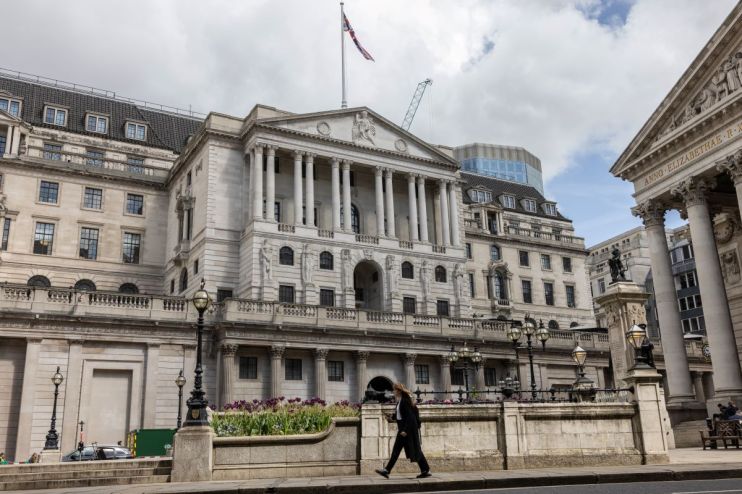Inflation falls to 3.9 per cent as lower food and petrol prices ease pressure on Bank of England

Inflation fell much further than expected in November, emboldening bets that the Bank of England will cut rates in the first half of next year.
According to figures from the Office for National Statistics (ONS), the consumer price index (CPI) came in at 3.9 per cent in November, down from 4.6 per cent the month before.
Economists had expected inflation would fall to 4.3 per cent in November.
The main contribution to the fall was a significant easing in transport costs, as petrol prices fell compared to last month while the cost of second-hand cars also eased.
“The biggest driver for this month’s fall was a decrease in fuel prices after an increase at the same time last year,” Grant Fitzner, chief economist at the ONS said.
“Food prices also pulled down inflation as they rose much more slowly than this time last year,” he continued.
But the release also showed that underlying price pressures were slowing. Core inflation, which removes volatile components such as food and energy, fell to 5.1 per ecnt in November, down from 5.7 per cent last month.
Services inflation meanwhile, which the Bank of England deems an important gauge of domestic inflationary pressures, fell to 6.3 per cent from 6.6 per cent last month.
“Easing core and services inflation suggest that underlying price pressures are relenting,” Suren Thiru, Economics Director at ICAEW, commented.
“These inflation numbers suggest that the Bank of England is too pessimistic in its rhetoric over when interest rates could start falling,” Thiru continued.
After being caught out by the surge in inflation two years ago, the Bank is determined to bring inflation all the way down to two per cent.
In its November forecasts, the Bank predicted that inflation would not fall to the two per cent target until the end of 2025, largely thanks to a tight labour market.
The Bank left interest rates on hold for the third consecutive meeting last week with Governor Andrew Bailey stressing that “it’s really too early to start speculating about cutting interest rates”.
Ben Broadbent suggested this week that he wanted to see “further evidence” of easing wage pressures before backing rate cuts.
But with inflation firmly on the downward trend, and pay awards beginning to cool, markets think the central bank will start cutting rates in May next year.
This morning the pound dropped as much as 0.5 per cent against the dollar as markets placed bets that the Bank of England would start cutting interest rates sooner than it is currently guiding.
GDP figures for October also showed that the economy contracted 0.3 per cent, reigniting fears that higher borrowing costs risked tipping the UK into a recession.